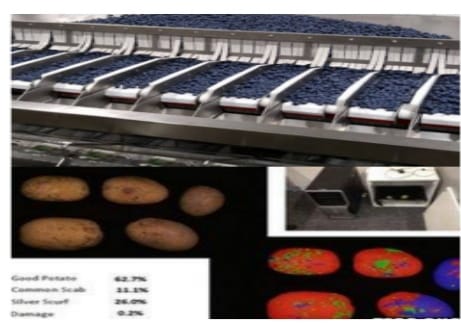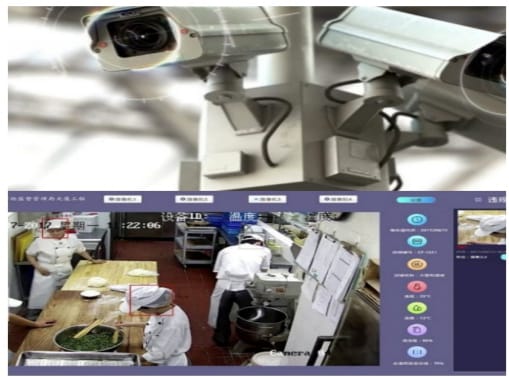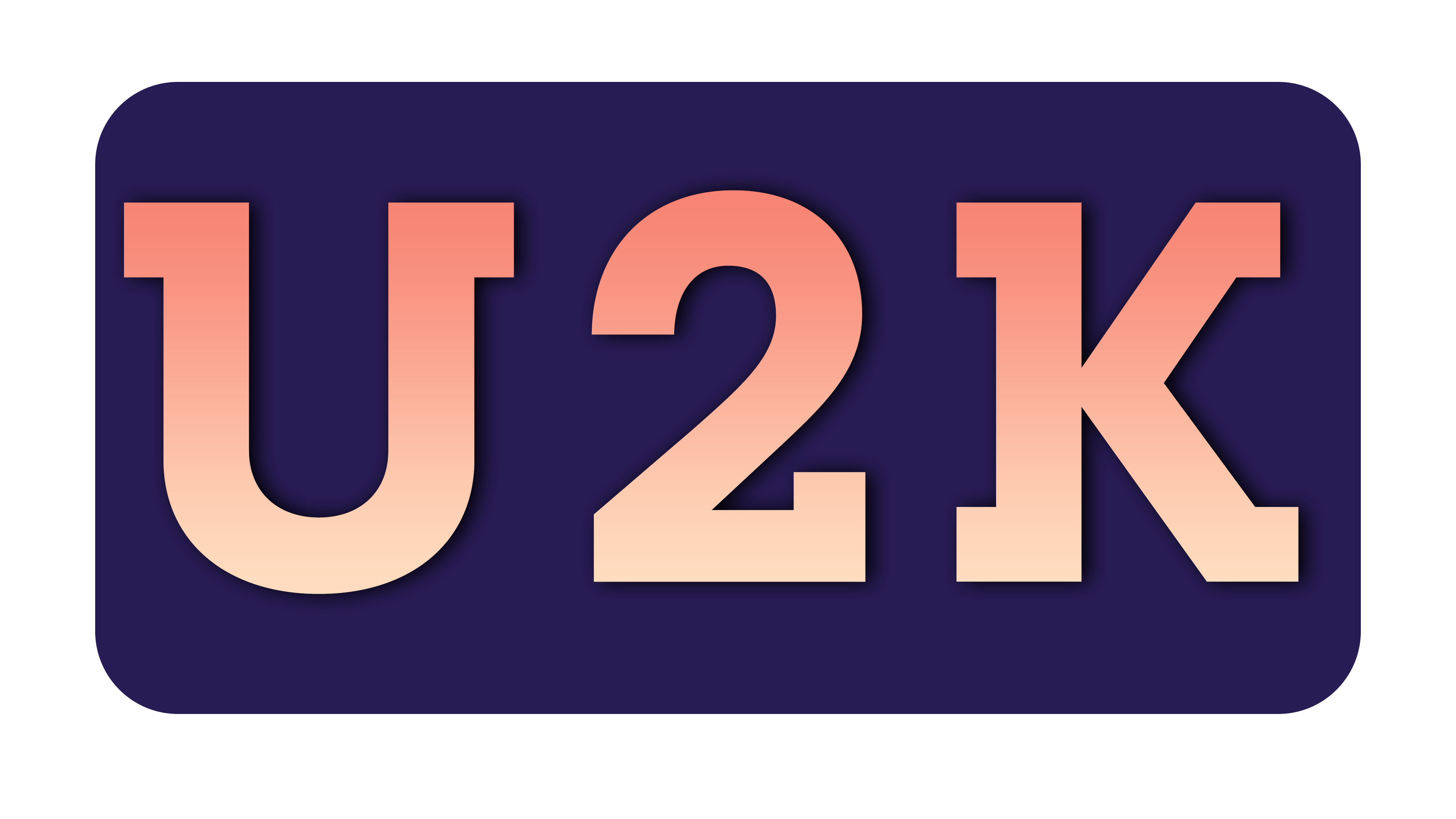ROLE OF AI IN FOOD INDUSTRY


Artificial Intelligence is the science of technology that deals with the artificial creation of human intelligence by using machines, especially computer systems. Some specific applications of Artificial Intelligence include expert systems, natural language processing, speech recognition, computer vision etc. The two most commonly used algorithms in the field of AI are Machine learning and deep learning.
The food processing and handling the food industry is the most important business among the various manufacturing industries that assist for the highest employability. In food industries, to maintain the design of standard reliable procedures and the quality of products is a major objective comparatively with the other companies. In such cases, lowering the cost can help with the deployment of AI to provide good food supply management, product development, operational efficiency, vehicle activity and better customer experience. When the humans are involved in the industries, the demand supply chain and food safety are not properly maintained. To overcome these issues in food industries, industrial automation is concerned as the best possible solution. By using the AI-based system, the food production and delivery processes can be efficiently handled and it can enhance the food management approaches. The role of Artificial Intelligence in the food industry helps in various food processing and in its sub-fields of food management. Thus, the various ways that the AI supports in the food industry are categorized as:
Firstly, the Sorting procedure which is one of the biggest challenges in the food processing plants is the manual sorting of the vegetables. Sometimes the improper sorting of the ripen and the unripen ones and the irregular availability of the stock leads to the increased cost and loss of efficiency. Using the AI-based systems, decision-making can be carried out with various tools and methodologies i.e., with the help of high-resolution cameras, laser systems, X-ray based systems each and every aspect of the food products are analysed at the input channel.
Secondly, the Supply Chain Food Management is the important process for all food companies to increase the need for the transparency. The food industry uses AI to improve the supply chains through the measures of food safety and testing product at each and every step. The AI-based image recognition helps to give the efficient food produce. This leads to the high productivity and increased efficiency of goods.
Thirdly in the Food Safety Compliance, AI-enabled cameras are used in the food industry to monitor whether all the workers in the industry maintains good personal hygiene by food safety law. The system consists of the object detection and facial recognition to monitor the workers. If hygiene is not maintained, the camera captures the image in real-time mechanism.
And, the Cleaning systems plays an important role for the cleanliness of the food substances. The cleaning in some places are programmed to clean the equipment in timed cycles which leads to the cross contamination from food borne microbes, also it performs blindly and it is not suitable for designed for food cleaning process scenarios.So, With the (self-optimizing clean in place system (SOCIP)) which uses ultrasonic sensing and optical fluorescence imaging for measuring the food residue and microbial debris and optimizes the cleaning process and it helps in saving on water, time and energy.
Anticipating Customer Preference and developing new products
Food manufacturers uses AI based solutions which helps them to model the choices of the target customers and their new taste preferences. Such Artificial Intelligence-based predictive analysis will help in increasing the food productivity levels and also in developing the new products with respect to the customer preferences. The general data from the food and flavour preferences helps for the prediction of customer’s food preferences in the future.
AI technology uses machine learning and predictive algorithms to analyze the taste and preferences of the customers and give recommendations to the customers. The data are stored in the form of demographic groups to help companies develop new products that match the preferences of their target audience. Customers can even use the self-service machines to theoretically create different drinks by process of adding different flavours to its base beverages.
Real time applications of AI in food industry
• Recommedation engines: AI-based recommendation engines and food discovery are helpful for the customers on the information what to eat and what not to eat choices.
• Apps and Chatbots: AI-based apps and chatbots helps customers to find the food restaurants nearby and place orders for the foods in an optimized way.
• Self-Billing AI-based Kiosk: Self-Billing AI-based Kiosk helps customers in choosing the their own choice of foods from a wide range of food from the menu. These systems are used in restaurants, colleges and canteens which involves payments directly.
• Robots: In restaurants and in many places, robots are making an assisting and enhancing the speed and capacity of food preparation leads to the minimized time for the food delivery in the restaurants.
Thus, Artificial intelligence are basically used nowadays in our daily basis in case of finding restaurants and to maintain the high safety levels in the food management and food processing processes. So in the future, AI is going to transform the food industry because it has high potential to generate reasonable and healthier productivity foods for the clients and employees.
References:
Food quality and safety:
https://www.foodqualityandsafety.com/
Definition, scenarios and examples:
https://medium.com/
Reshaping of food processing business:
https://customerthink.com/
ML and AI solutions in Food industry:
https://spd.group/machine-learning/machine-learning-and-ai-in-food-industry/
food safety and food processes:
https://www.food2conf.com/blog/role-artificial-intelligence-food-industry
By
Preethie K,
Sri Eshwar College of Engineering,
3rd yr B.tech AI&DS

